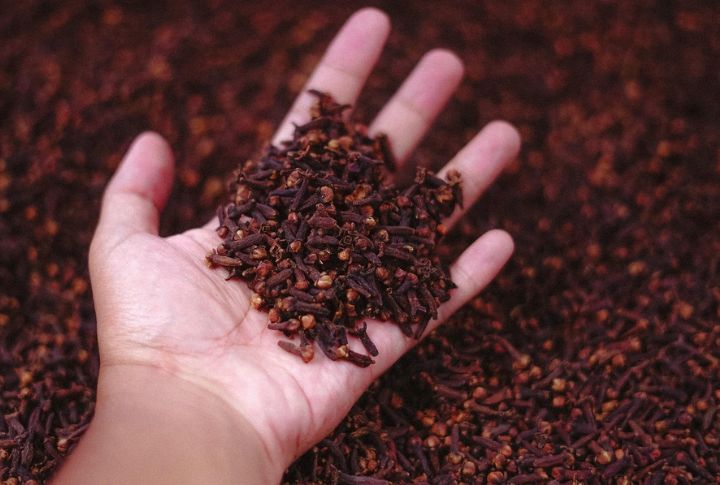
Spices hold a secret power that goes beyond taste. Some carry compounds that work with your body to ease discomfort and promote well-being. So, if you’re looking for simple ways to support your health, here are 20 spices that can help keep inflammation (and maybe even add depth to your dishes).
Turmeric
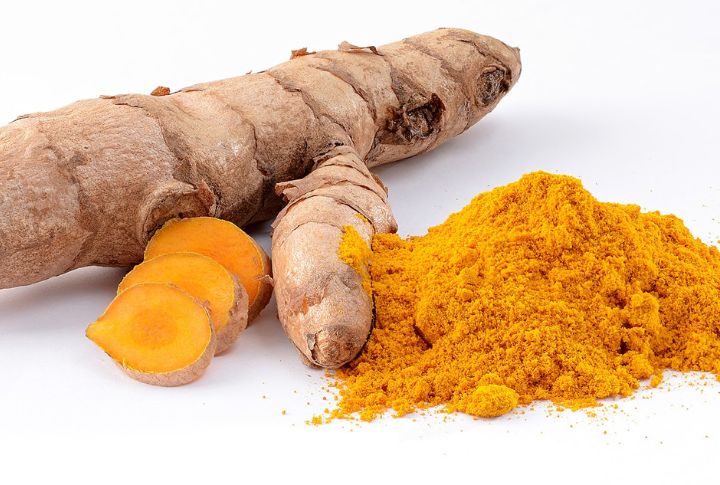
Curcumin, turmeric’s powerhouse ingredient, spices up your meals and battles inflammation. The National Library of Medicine backs its role in easing arthritis and chronic pain. Want maximum impact? Pair it with black pepper, which boosts absorption and turns this golden spice into a wellness warrior.
Garlic
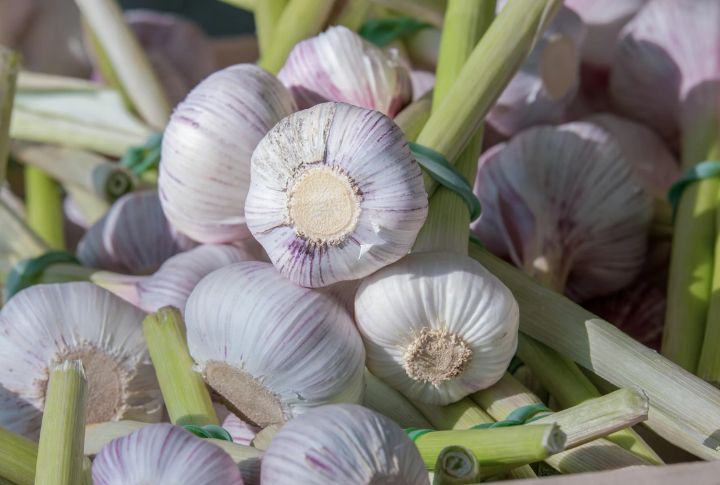
Garlic’s sulfur compounds act as natural anti-inflammatories by reducing cytokine levels that trigger swelling. Regular consumption may support heart health and boost immune defenses. Roasted or crushed—garlic is a flavorful, functional superfood.
Cinnamon
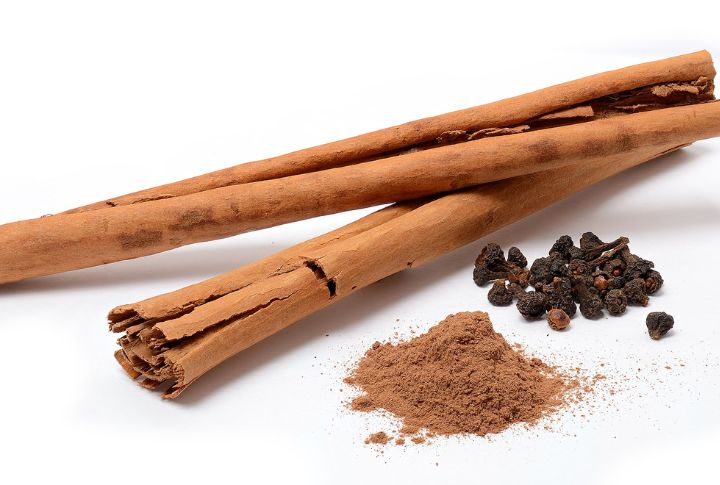
Start your day with a dash of cinnamon to not only add flavor but also treat yourself to a natural boost. Cinnamaldehyde’s compound has been linked to balanced blood sugar and reduced inflammation. Swirl it into coffee, dust it over oatmeal, or coat roasted nuts for a tasty wellness win.
Cayenne Pepper
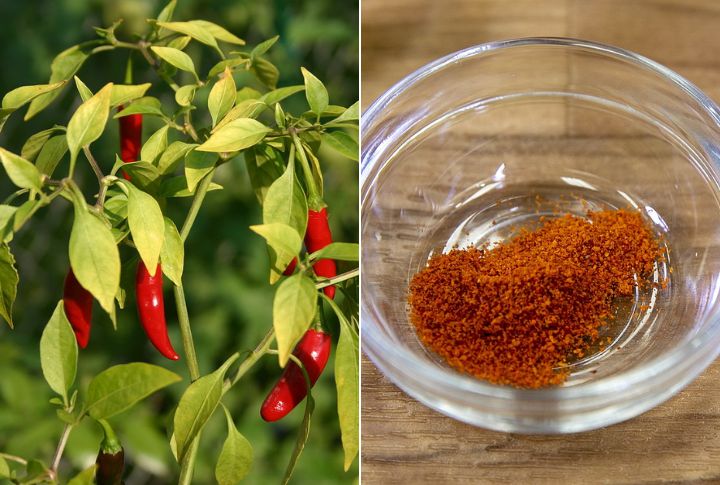
How can something so spicy be so good for you? Capsaicin (the firestarter in Cayenne) does more than make your tongue tingle. It actually helps reduce inflammation and even ease pain. A pinch in soups or hot chocolate brings the perfect mix of heat and healing.
Cloves
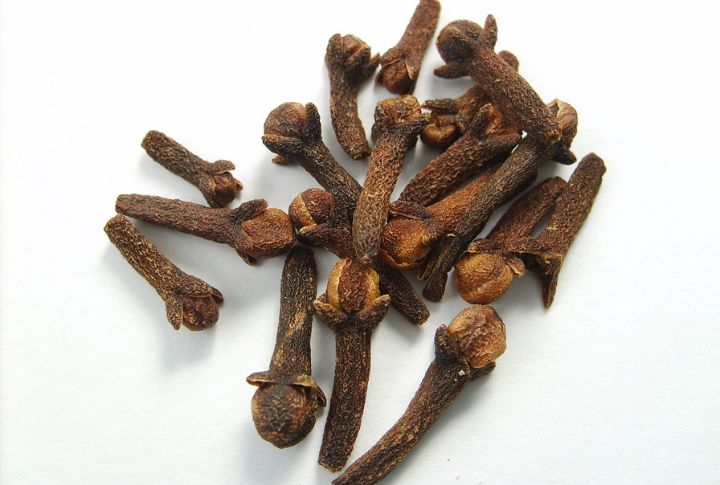
Ground or whole cloves bring a bold, aromatic punch to your dishes while packing serious health perks. Eugenol, its star compound, is a natural anti-inflammatory with pain-relieving powers. Traditionally a go-to for dental care, cloves also help with digestion and combat oxidative stress.
Rosemary
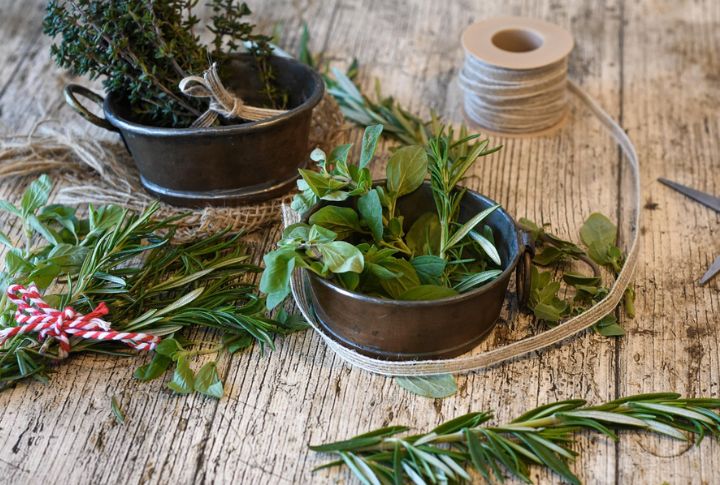
This fragrant herb is packed with rosmarinic acid, which reduces inflammation and supports brain function. Research suggests rosemary may help with memory and focus while lowering inflammatory responses in the body.
Sage
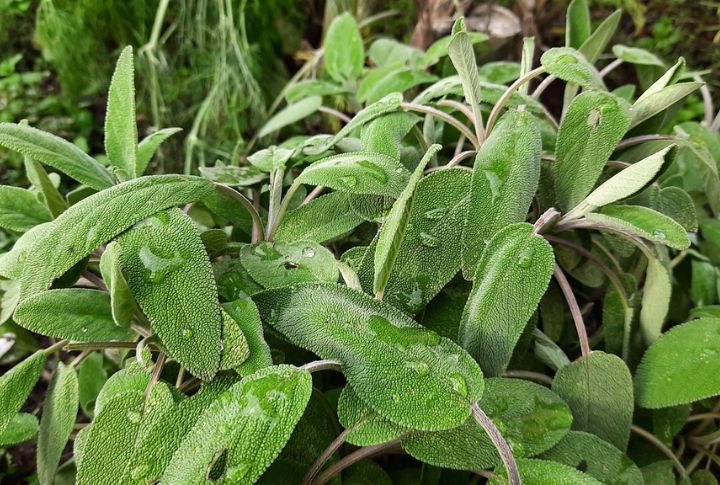
Sage brings anti-inflammatory benefits and brain-boosting properties to the table. It’s long been used to soothe sore throats and aid digestion. Brew it into tea or sprinkle it on your favorite dishes for a tasty, functional upgrade.
Oregano
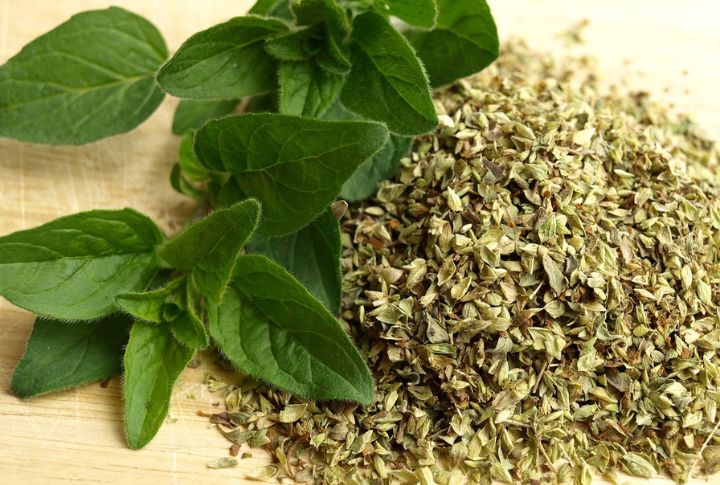
Oregano is not just for your pizza. It’s loaded with carvacrol, a potent natural anti-inflammatory. It also has antimicrobial properties that help keep your gut and immune system in check. Fresh or dried, this herb enhances flavor while delivering impressive health benefits.
Basil
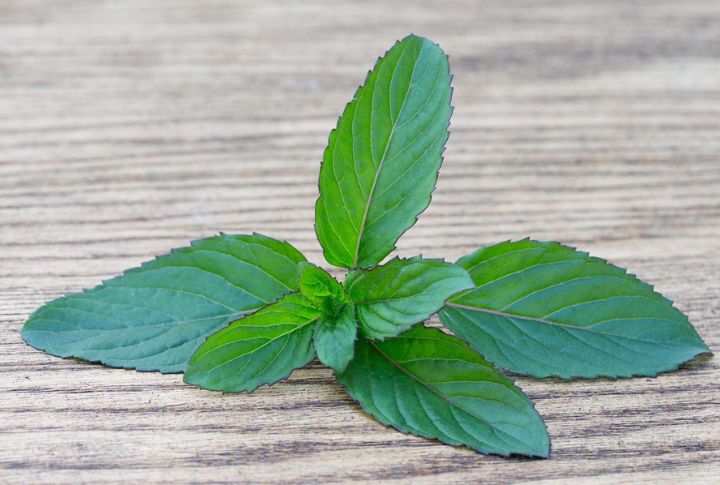
Besides garnishing, Holy basil (Tulsi) is a potent ally for stress relief and immune support. Its essential oils actively curb inflammation, making it a top pick for arthritis care. Toss fresh leaves into salads or infuse them in water for a refreshing, health-boosting twist.
Thyme
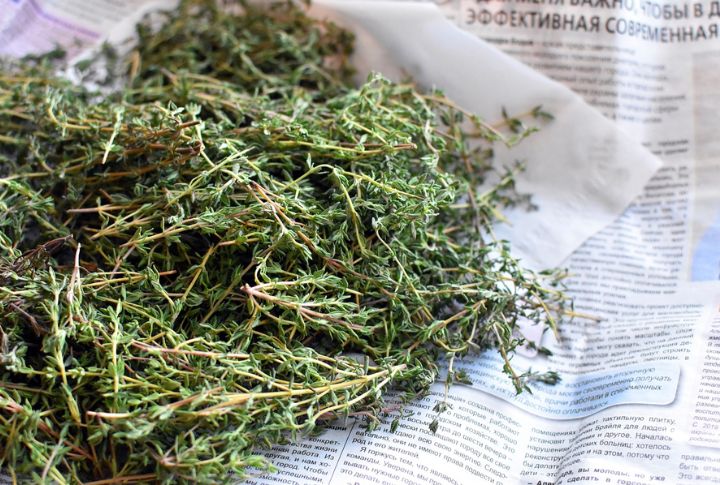
Loaded with thymol, this compound in thyme tackles oxidative stress and keeps inflammation in check. PubMed even nods to its congestion-easing benefits. Try brewing it into a comforting tea or tossing it into soups for a bold, healing touch.
Parsley
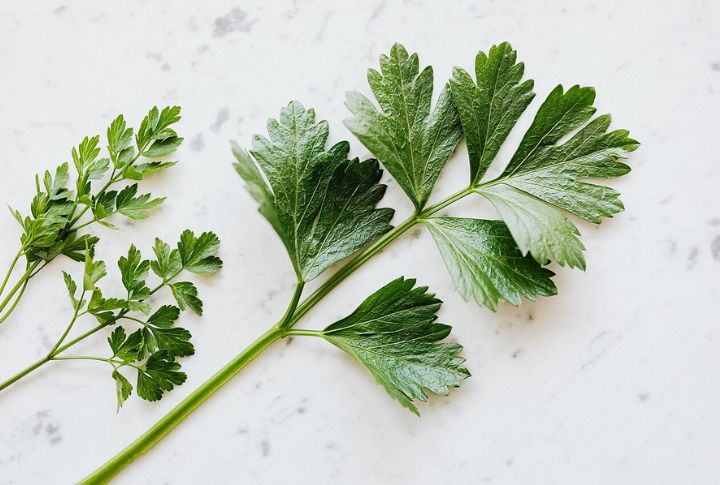
Blend it into pesto or juice it for a green boost because parsley has flavonoids and vitamin C to support immunity and fight inflammation. Its natural diuretic properties help flush out toxins, which makes it a fresh and functional addition to your diet.
Ginger
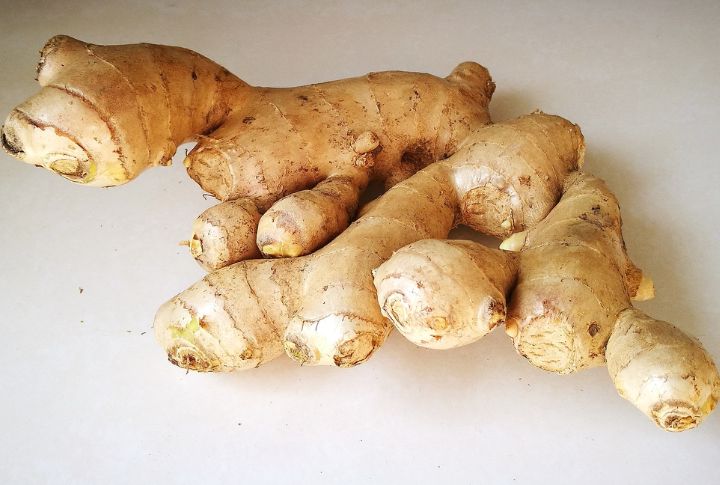
Smoothies, stir-fries, or tea—ginger knows how to bring the heat while keeping inflammation in check. It’s packed with gingerol, which is a spice that fights oxidative stress and may help soothe sore muscles. It can be a natural arthritis remedy as well.
Black Pepper
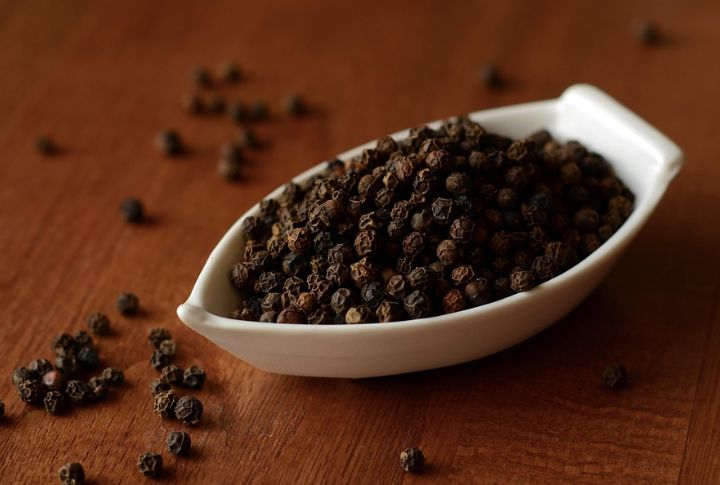
Piperine, black pepper’s active compound, enhances the bioavailability of other anti-inflammatory spices like turmeric. It also possesses anti-inflammatory effects, which truly makes it an essential addition to nearly any meal.
Cardamom
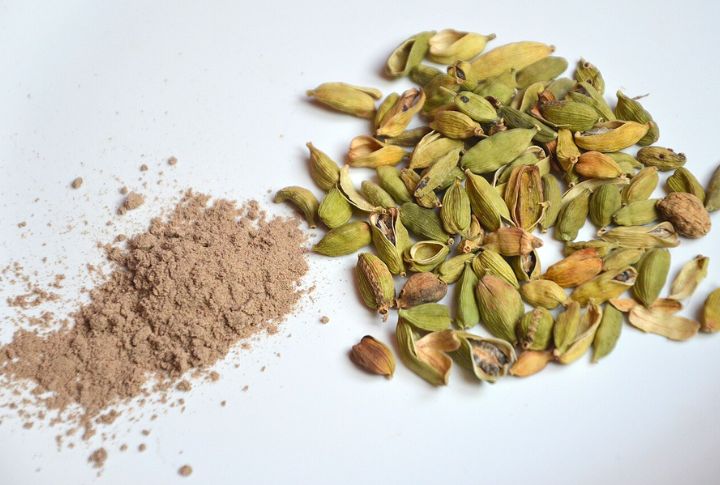
This aromatic wonder enhances your meals and quietly supports heart health while keeping inflammation at bay. Need another reason to love cardamom? It’s a digestion booster, too. Sprinkle it into teas or desserts for a delicious, health-boosting twist.
Fennel
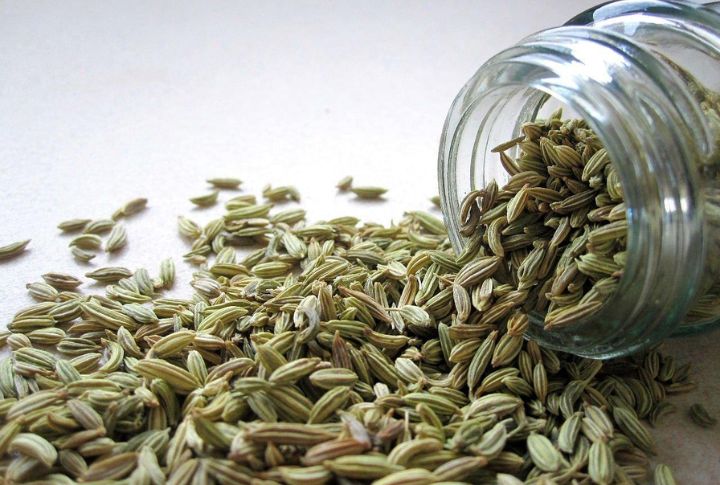
Fennel seeds are anti-bloating and gut-friendly, so they know how to keep things running smoothly. Filled with antioxidants, they also help fight oxidative stress. And the best way to have them is to toss them into spice blends.
Licorice Root
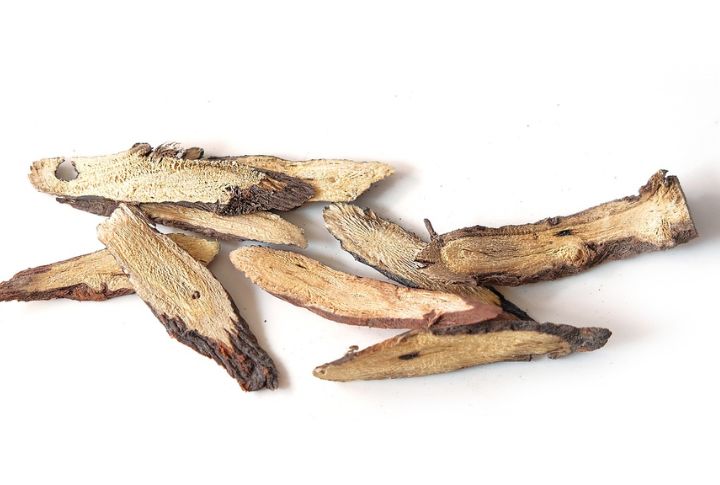
Prepare a cup of licorice root tea that is steeped in history and packed with anti-inflammatory properties. This herbal remedy has been a go-to for centuries. Thanks to glycyrrhizin, it’s a digestive soother and adrenal supporter in one comforting sip.
Elderberry
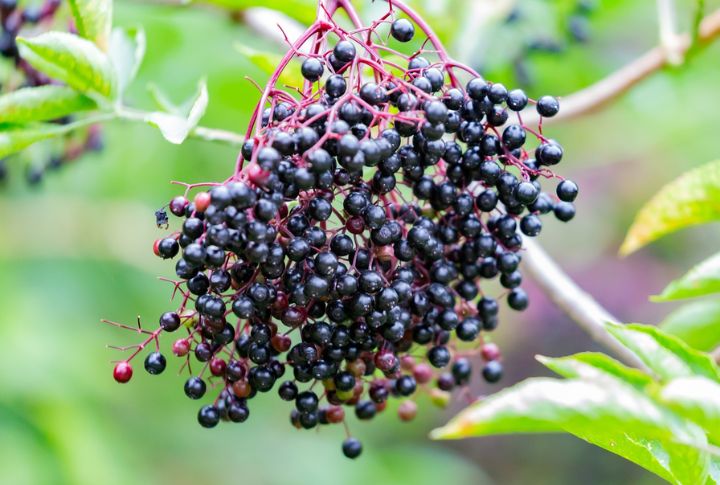
Elderberries are like tiny, juicy defenders packed with antioxidants and anthocyanins, ready to support your immune system. Sipping on elderberry tea or drizzling its syrup is a delicious way to help keep inflammation at bay and boost your defenses.
Green Tea
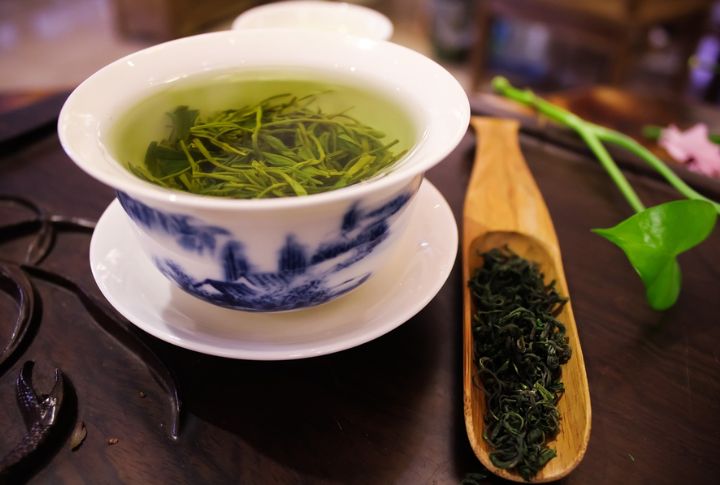
Drinking green tea is a full-on wellness boost. Thanks to the catechins in it, this tea helps fight inflammation and keeps your heart in check. Sip on it daily, and you’re treating your body to a natural defense against oxidative damage.
Chamomile

Apigenin, found in chamomile, has anti-inflammatory and calming effects. Chamomile tea is traditionally used for stress relief and digestion. One cup of chamomile tea at night soothes the body and mind, all the while reducing inflammation.
Peppermint
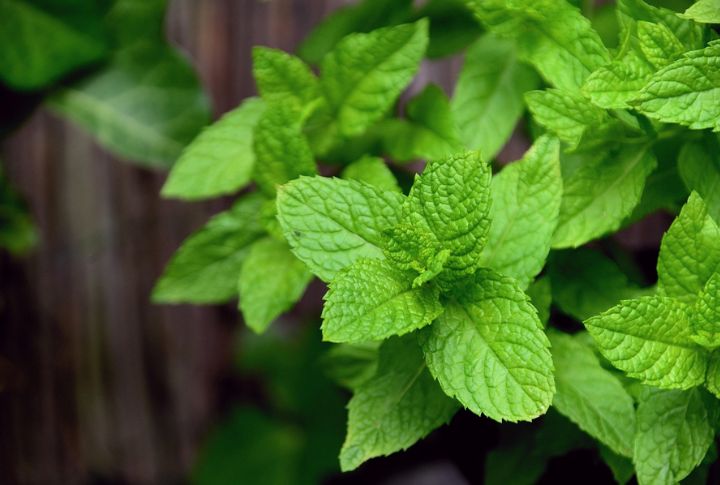
Feeling tense or battling digestive discomfort? Peppermint’s menthol content works wonders by relaxing muscles and aiding digestion, indirectly soothing symptoms tied to inflammation. It can even ease headaches and clear congestion.
Leave a comment